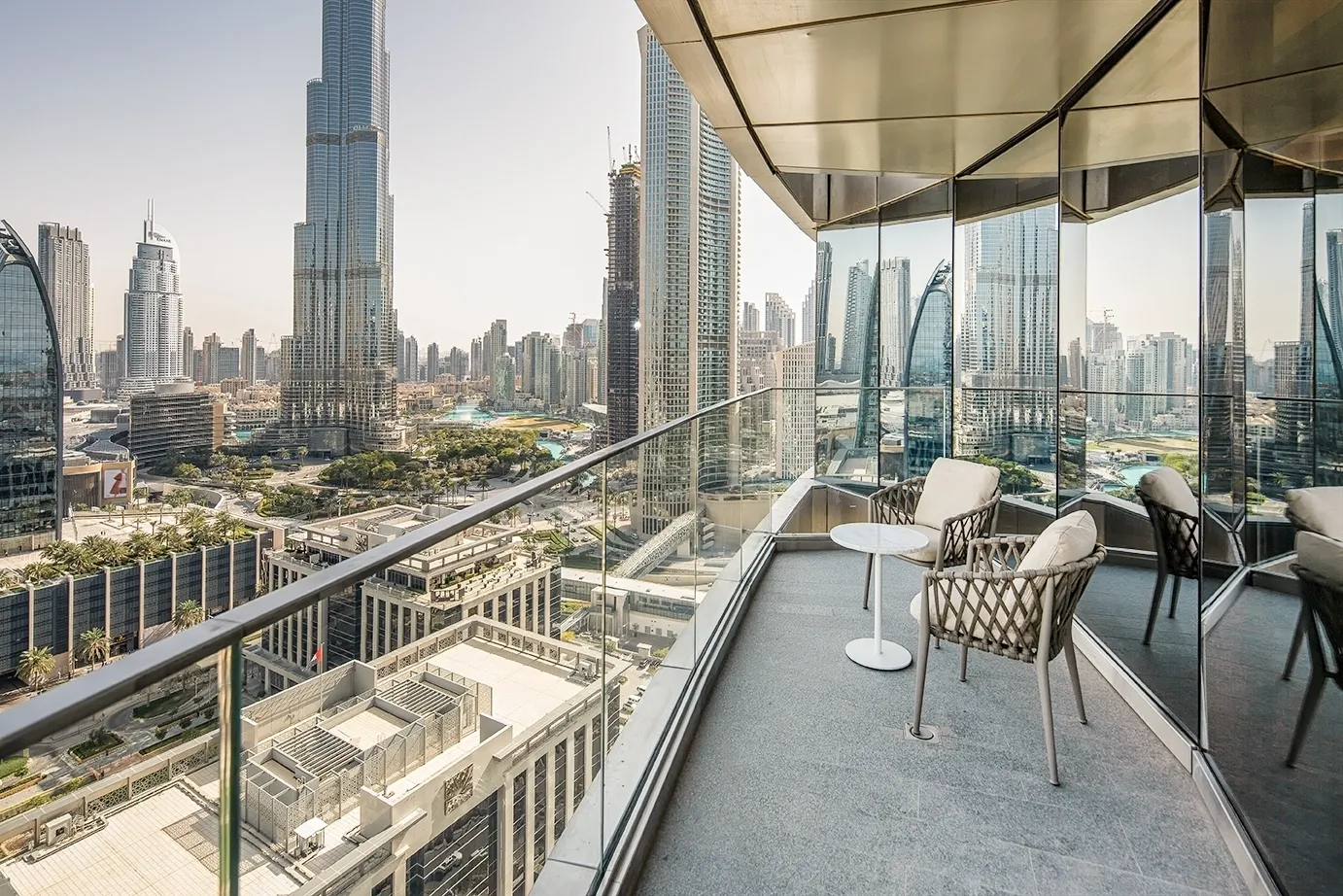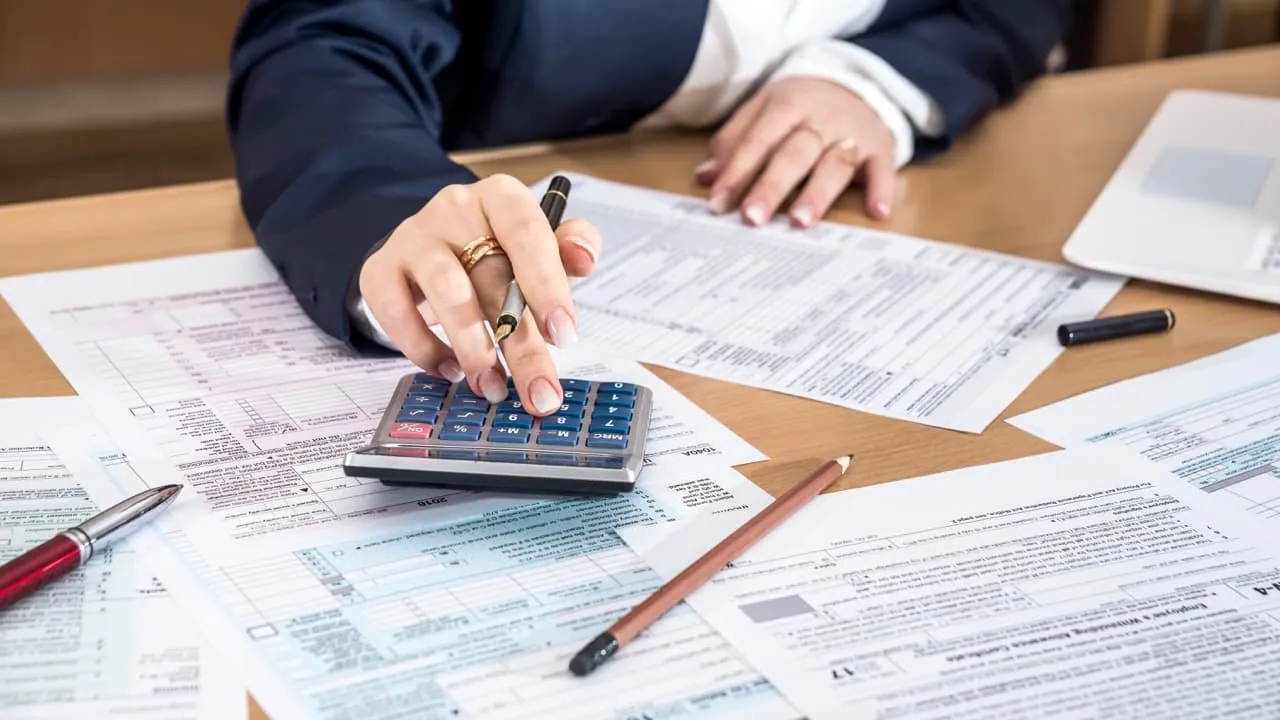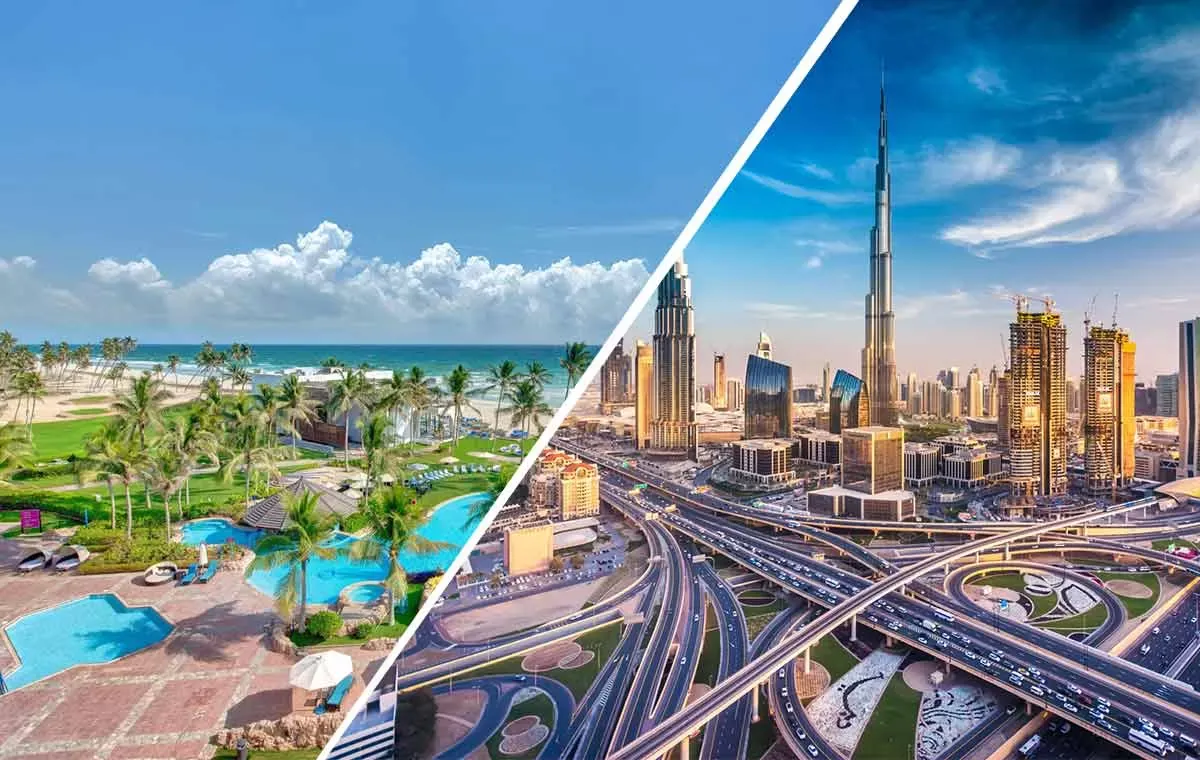The UAE’s real estate market has been growing rapidly for several years, particularly after the government allowed full property ownership for foreign residents. Investing in UAE property has clear benefits: the property can be resold for profit or rented out for passive income. The UAE is also widely regarded as a paradise for living due to its comfortable and safe environment, stable economy, high standards of service in both public and private sectors, and, of course, its stunning resorts.
But what if you only have half the amount needed? You can take out a property loan, which is available to both locals and foreigners in the UAE. Here’s a breakdown of the requirements, steps, and important details.
Conditions for getting a mortgage for foreigners in Dubai

To secure a mortgage in Dubai, you’ll need to meet the following conditions through one of the local banks:
- You must be employed with a UAE company or have your own business established within the country.
- You’ll need to provide a bank statement for the last 12 months to demonstrate the legality and stability of your income.
- If you own a business, it may need to undergo an audit.
- For non-residents, the minimum down payment is 50% of the property’s value. If you have residency, the minimum is 20%.
- You must be between 21 and 65 years old. The mortgage should be fully repaid before you reach retirement age.
- You must have enough remaining funds to cover living expenses in the UAE after mortgage payments – at least $900 per month per family member.
Specifics of mortgage approval for non-residents
If you have UAE residency obtained through exceptional achievements in fields such as science, business, or the arts — or through prior real estate investment — getting a mortgage will be easier. Banks are generally more cautious with non-residents, imposing stricter checks and additional conditions.
Below, we’ll cover key information beyond the basic requirements listed above.
Less obvious nuances of getting a mortgage
- Be sure to confirm the type of property ownership allowed Foreign nationals can only purchase real estate in designated freehold areas, most of which are located in Dubai.
- Mortgages for under-construction properties are tied to the construction timeline you can only choose properties that are scheduled for completion within two years of obtaining the loan.
- When securing a mortgage you’ll need insurance covering loss of income or disability (typically 0.5-1%) and title insurance (up to 0.05%). Title insurance protects the buyer (or lender) from any potential claims on ownership that could arise prior to the deal’s closure.
- Banks also charge a 1% fee on the property’s value for processing and approving the mortgage application. This amount is paid upfront and refunded if the application is declined.
- Interest rates may be higher, or the repayment terms less favorable. So, it’s crucial to review and compare options thoroughly.
Interest rates
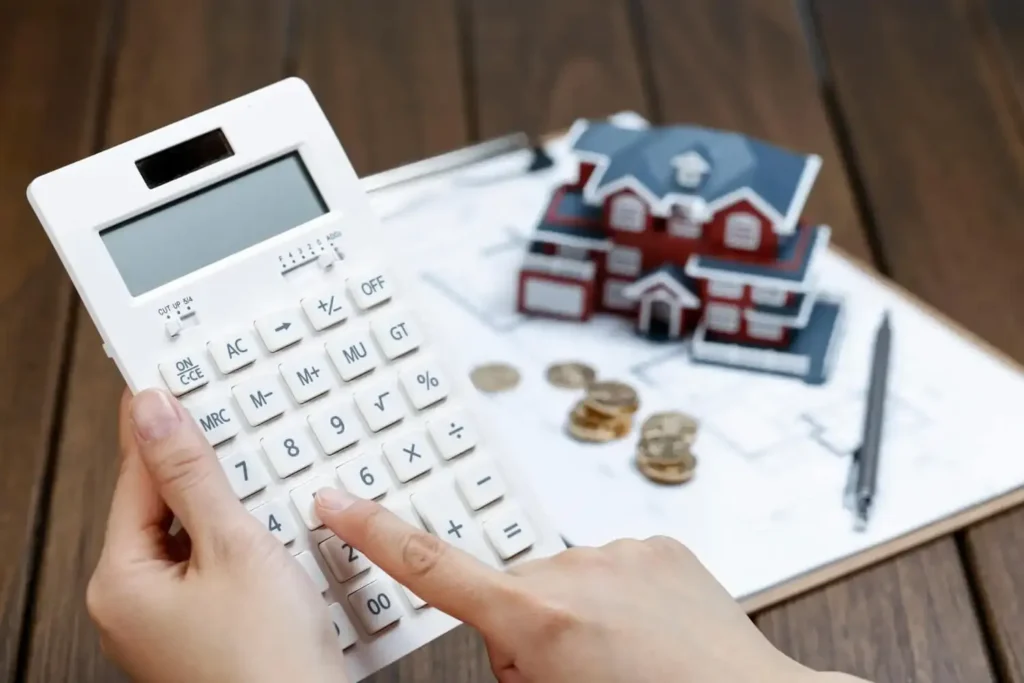
Typically, banks offer housing loans at 2.5-3% annually. However, mortgages for non-residents in Dubai may come with higher rates, between 3.5% and 7%. Banks can cover up to 80% of the property value for residents and up to 50% for non-residents. Loan terms range from a minimum of 3 years up to a maximum of 25 years.
What factors influence the interest rate?
As in other countries, UAE banks offer two types of interest rates: fixed and variable (floating).
| Type | Description |
|---|---|
| Fixed rate | This rate remains constant for a set period or the entire loan term. This approach provides stable monthly payments. It’s ideal for those who prefer predictability and want to avoid market fluctuations. Fixed rates are beneficial for long-term loans. |
| Floating rate | This rate can fluctuate based on market conditions, inflation, and other factors. Payments may go up or down as a result. While it can lead to higher costs if rates increase, it can also reduce costs when market conditions are favorable. The floating rate is tied to the UAE Central Bank’s base rate. For example, it fluctuated between 4-7% in 2023 before stabilizing at 5%. This type of rate is typically applied to shorter loan terms — usually up to 5 years. |
Required documents for a mortgage
To obtain a mortgage in Dubai, you typically need to provide the following documents:
- mortgage application form;
- proof of identity documents;
- copy of UAE residence visa (if you hold UAE residency);
- family composition certificate;
- employment contract or a letter from your employer to confirm employment;
- bank statements for the last six months to verify income;
- tax return;
- credit history: this may be required to assess your financial standing. Having other loans is not prohibited, but you must have enough funds left after loan repayments to cover living expenses or family support.
Some banks may request additional documents depending on the terms and specific mortgage program.
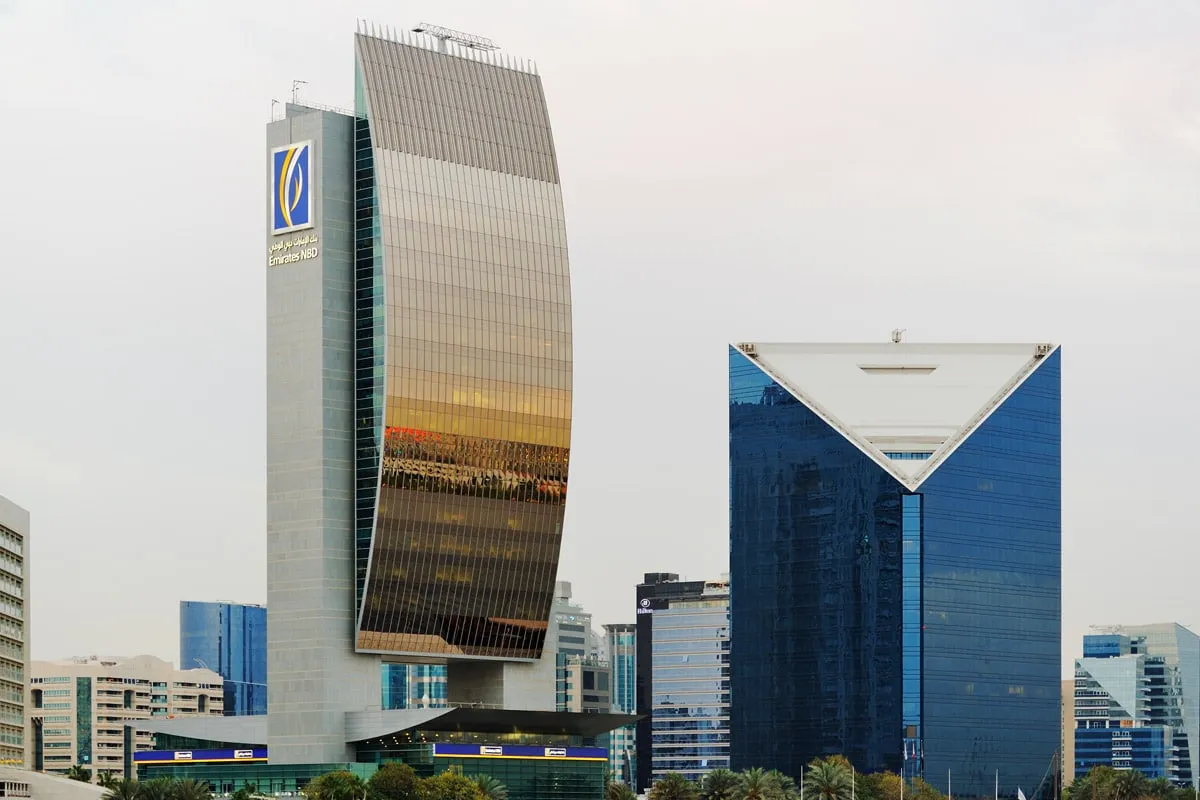
Step-by-step mortgage application process
Now, let’s have a look at the mortgage application process and how long it generally takes to secure a mortgage in the UAE:
- Choosing a bank.
- Selecting a property.
- Independent property appraisal.
- Funding and repayment plan.
- Registering property ownership.
Choosing a bank
If you’re already working or have a business in the UAE, you probably have an existing bank relationship. This can make obtaining a mortgage easier. However, it’s still worth comparing other options; other banks may offer lower rates and more favorable terms.
Typically, it takes around two days to finalize a bank choice. Once selected, bank approval for the loan takes about a week. During this week the bank will review your information, check your credit history, and assess your creditworthiness.
Be sure to include any additional income sources in the application and specify the origin of the funds for your down payment. These may include savings, business income, or proceeds from the sale of assets. Importantly, the down payment funds must not be borrowed or obtained illegally.
Selecting a property
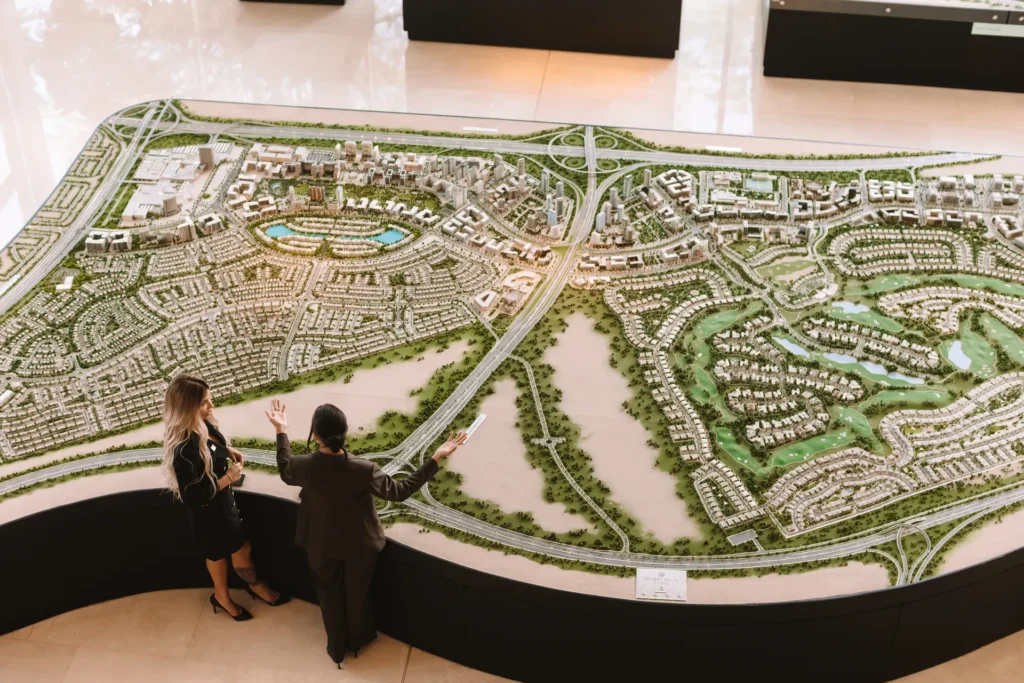
When choosing a property in the UAE for a mortgage, consider the following factors:
- Location. Decide if you need a well-developed area with growth potential or if more modest surroundings are sufficient.
- Type of property. Determine if you need residential or commercial property.
- Budget. Calculate an available budget, factoring in the potential mortgage and additional expenses.
- Developer. Select properties from reliable developers with a strong reputation.
- Profitability. Analyze potential price appreciation and rental income if you’re looking for an investment property.
This approach will help you find a property that meets your financial and investment goals. Realtors can assist in this process. Since the bank will require an independent property valuation, it’s wise to engage professionals. This ensures the price isn’t inflated or undervalued, enabling accurate cost estimation.
On average, it takes about a month for clients to select a property, and the final decision depends on the bank’s approval.
Independent property appraisal
After receiving preliminary bank approval and selecting a property, the buyer signs a purchase agreement indicating their intent to buy the property and provides a deposit check. Next, they must choose an appraiser from a licensed company trusted by the bank to evaluate the property.
The appraiser prepares a report detailing the property’s advantages and disadvantages, and confirms that the property’s price aligns with market value. Based on this report, the bank makes a final decision on loan approval.
The appraisal service, costing approximately 2,500–3,000 AED plus a 5% VAT, is paid by the borrower. This step usually takes 2–3 weeks.
Receiving funds and setting a repayment schedule
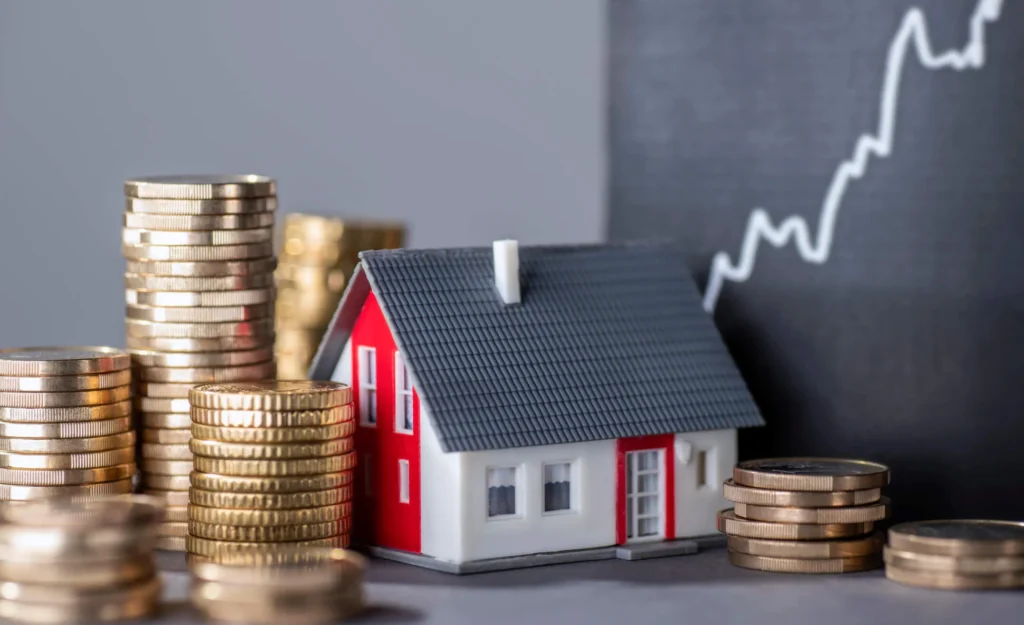
Once the previous steps are completed, the bank disburses the remaining amount to the seller and provides the borrower with a repayment schedule. For transaction security, both the buyer’s and the bank’s funds are held in a separate escrow account. Monthly mortgage payments generally begin the following month. The repayment term and interest rates depend on whether a fixed or floating rate is chosen. Fixed rates tend to be favorable for loans of 10 to 25 years.
Registering property ownership
The buyer, seller, and bank register the transaction with the relevant department, after which the buyer officially gains ownership and receives the property keys. However, the title will carry a “Mortgaged in favor of…” note. This designation is removed once the borrower fully repays the mortgage and the owner is issued a new title document without this notation.
If time is well-managed by coordinating document preparation, property search, and bank selection simultaneously, the entire mortgage process in the UAE can be completed within a month after finding a property. At least, with our Company, your case will be resolved as efficiently as possible.
Consequences of payment delays
Before taking out a mortgage to buy property in Dubai, every borrower should be aware of the strict obligations involved. Failure to meet these obligations can lead to serious repercussions, as the UAE takes law violations very seriously. Even a 30-day delay can result in a negative mark on the borrower’s record. It makes nearly impossible to secure any future loans. The bank may also impose a penalty, increase the interest rate, or take legal action to recover the debt.
If the delay continues, the bank may initiate repossession and sale of the property to cover the outstanding debt. After the debt is cleared, there is a high likelihood that a non-resident will be deported from the country with no possibility of re-entry.
Additional costs when purchasing property
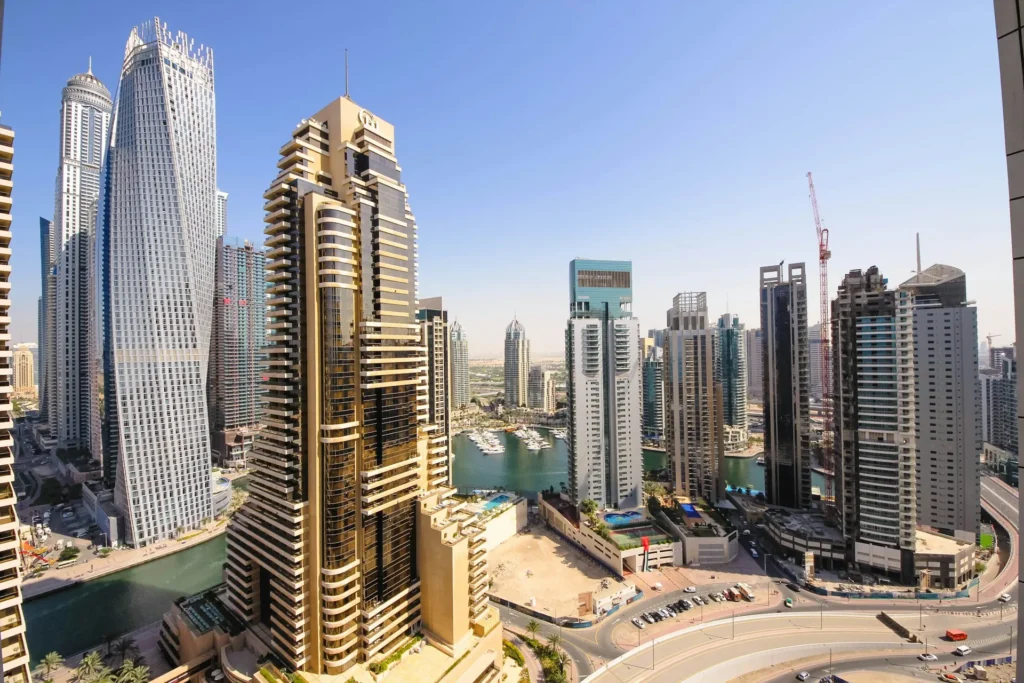
All transaction costs are the responsibility of the buyer. The only exception is the 4% Dubai Department registration fee. However, in some cases, can be split equally between the buyer and seller.
The following fees are generally required:
- Administrative fee for mortgage registration. It’s typically 0.25% of the mortgage amount, plus a fixed fee (about 290 AED).
- Property ownership certificate fee. It’s around 580 AED.
- Real estate agent commission. It’s usually 2% of the property price. Working with an agent is mandatory for transactions in the UAE.
- Notary fees. These are fees for notary services to authenticate contracts and legalize documents (if needed). These generally range from 1,600–2,000 AED per document, plus 5% VAT and administrative fees.
How to simplify the mortgage process
Even if you’ve lived in the UAE for a few months or a couple of years, securing a mortgage can still be a complex process that may take several months to complete.
A detailed article outlining the mortgage process step-by-step is helpful but doesn’t replace professional legal guidance.
With over 10 years of experience in the UAE, our licensed Company, Dynasty Business Adviser, has helped thousands of immigrants settle here. Many of our clients have found employment, started businesses, and bought property or office spaces. Through assisting clients with paperwork, we’ve seen how challenging it can be to manage mortgage arrangements in the UAE, which often require a team of specialists, from realtors to notaries. Therefore, we offer comprehensive “turnkey” service packages.
We can help with the following:
- property or office selection;
- liquidity assessment of the property;
- bank selection and finding the best mortgage option;
- document preparation and certification;
- expert legal and financial consultation.
If you value a fast, reliable solution and want to secure the best available deal, reach out to us for assistance!


